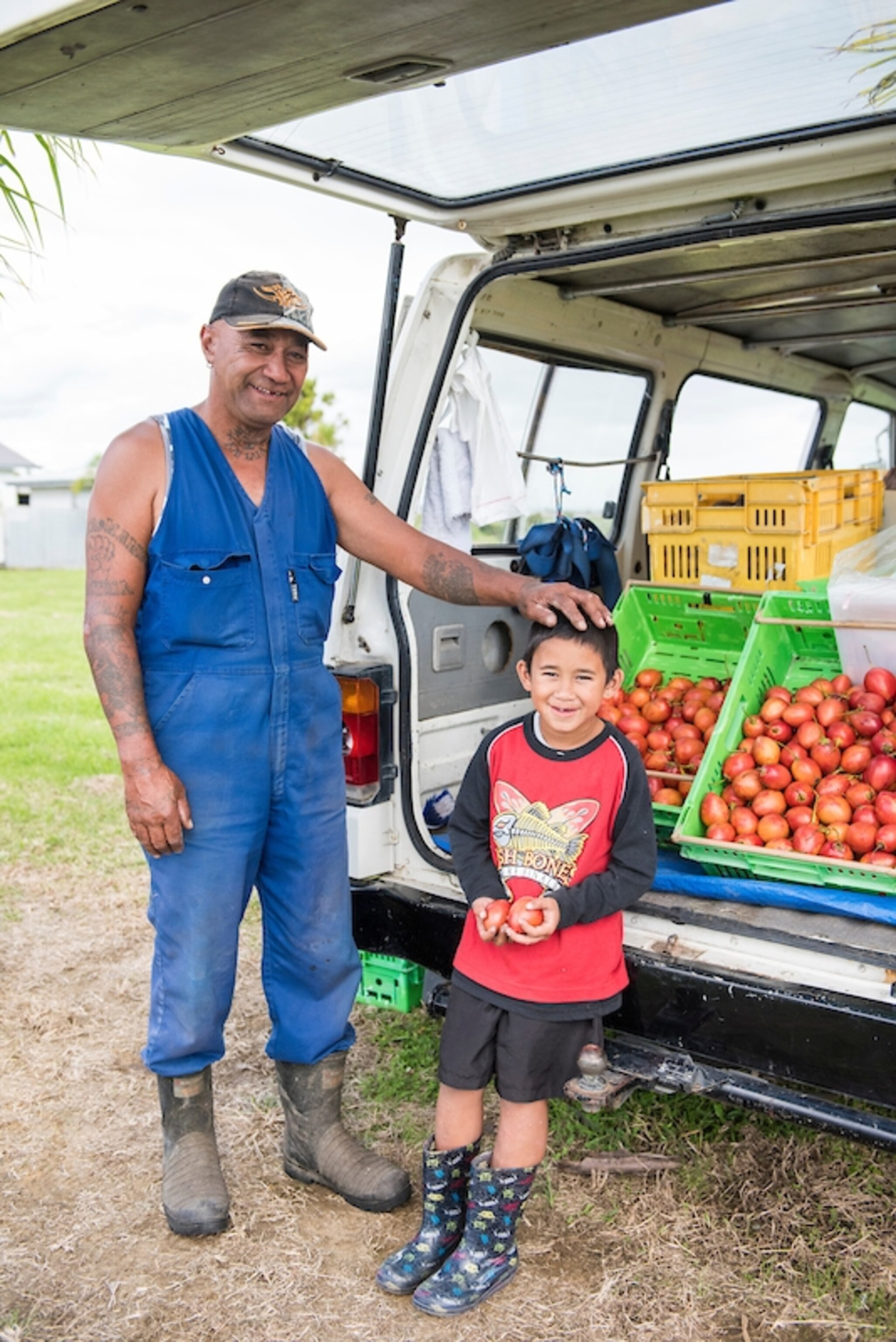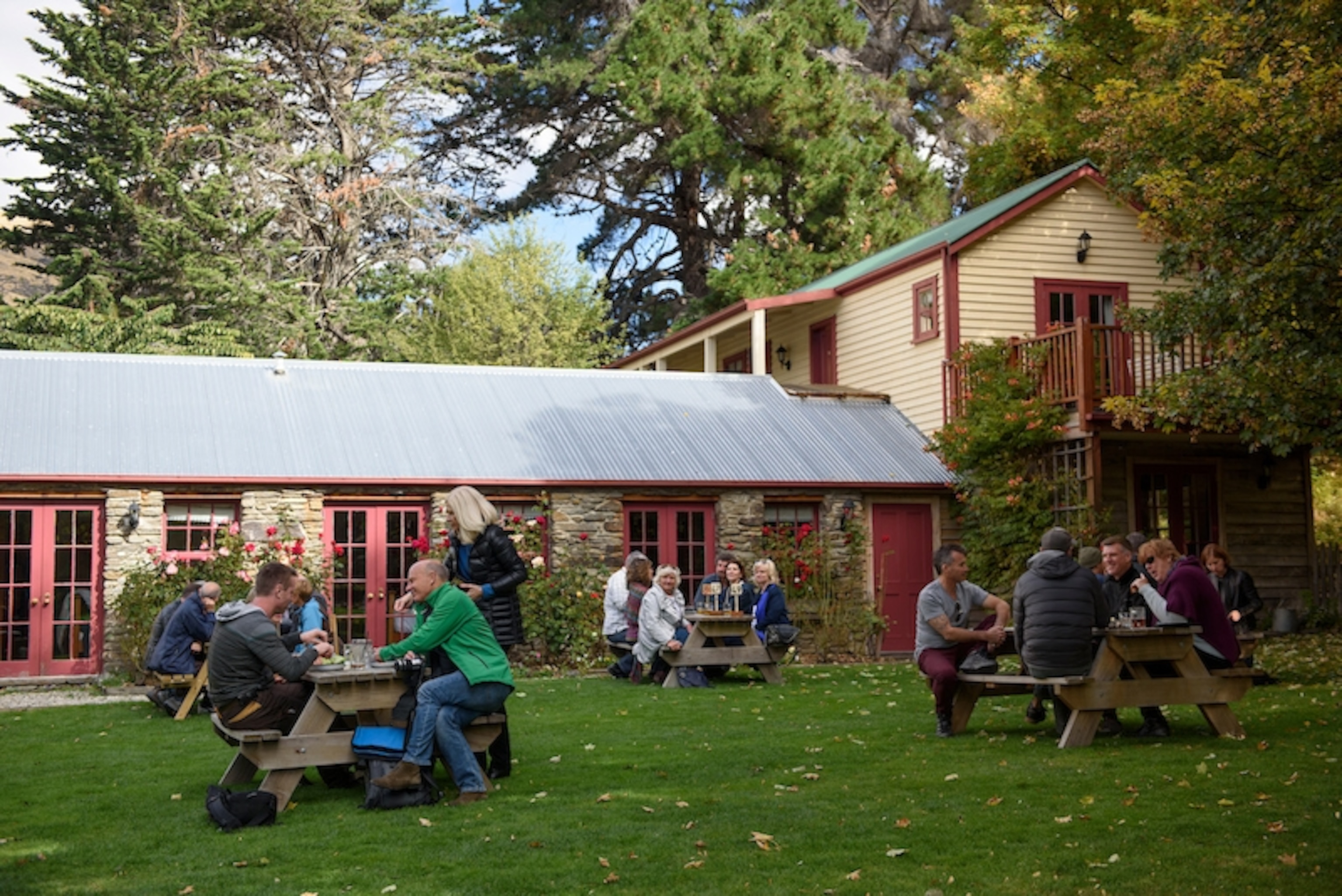
Five Māori words New Zealand travelers need to know
The warmth New Zealand extends to visitors is rooted in a concept that plays a central role in the lives of the Māori people: manaakitanga
New Zealanders are renowned for their hospitality. On a small island nation where there’s a strong sense of community and everyone is proud of their country and its stunning landscapes, you would certainly expect friendly welcomes to be the norm. But the warmth New Zealand extends to visitors is rooted in a concept that plays a central role in the lives of the indigenous Māori people: manaakitanga. Manaakitanga is about providing not just hospitality but genuine, uplifting care for visitors. It means supporting travelers out of kindness and respect for them. For New Zealanders, it’s both a responsibility and a privilege to make guests feel not only comfortable, but like part of the local community. The true spirit of manaakitanga is about forging a deep connection between visitor and host, and nurturing and fostering that relationship as profoundly as one cares for the land and one’s own environment.
Below are five unique New Zealand phrases and concepts that are related to manaakitanga.

KIA ORA
You’ll hear this cheerful greeting all around New Zealand. This widely used Māori phrase literally means to wish good health or the essence of life upon someone. Despite the powerful translation, though, the day-to-day use of kia ora is warm, friendly and lively.
WHĀNAU
Whānau means family: family related by blood, but also good friends who are embraced like kin, including those acquired as you make your way through the world, and even visitors you welcome into your life and home. Whānau is a warm, proud word that exemplifies the strong roots and extended branches found in a New Zealander’s interconnected kinship community.
MANA
Mana is a Māori word with resonance. It's best translated as a combination of presence, charisma, prestige, honor, and spiritual power. Māori believe all humans and many elements in nature possess mana. They nurture mana by treating people and the environment with respect and by ensuring they act in ways to enhance their own. Traveling in New Zealand, visitors will experience mana both in the way they are treated and in the power of the landscape.

MANAAKI
Manaaki is about extending respect and hospitality to others in a way that upholds their mana and enhances your own. It is reflected in the unique way New Zealanders welcome and look after visitors. New Zealanders feel a responsibility to take care of their environment (manaaki taiao), people (manaaki tangata), and in particular visitors (manaaki manuhiri). How you treat the planet and other people (from family to friends to visitors) reflects your own mana. Travelers who speak of the famous Kiwi kindness have experienced manaaki for themselves.

TIAKI
Similar to manaaki, tiaki means care, but a more proactive, protective care. Tiaki means to be entrusted with the sacred duty of caring for people, places, or things. That could be a group of travelers, a lake, a story, or even the planet itself. Much like manaakitanga, tiaki is a cultural concept that visitors will likely feel, rather than hear, on their journey to New Zealand.